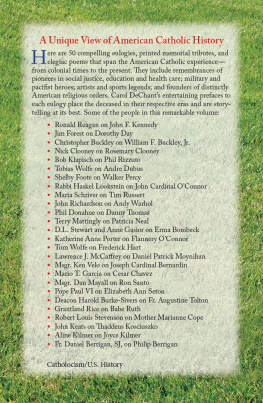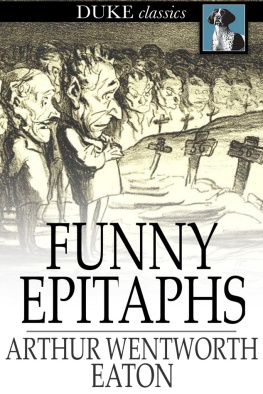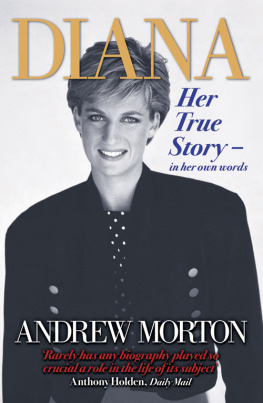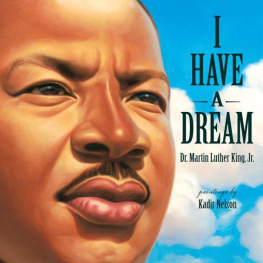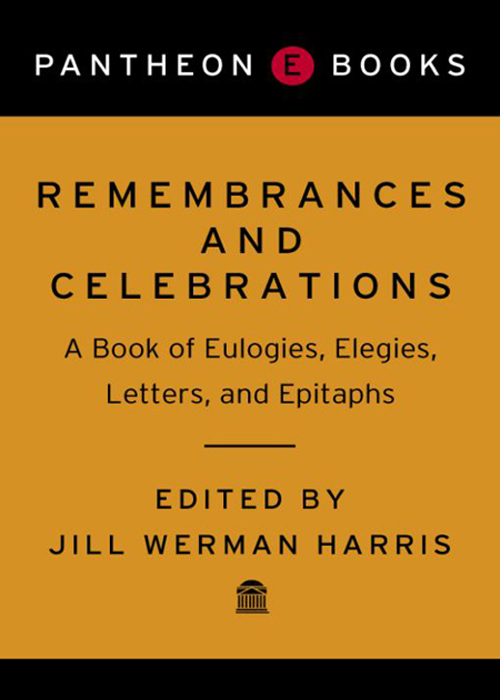

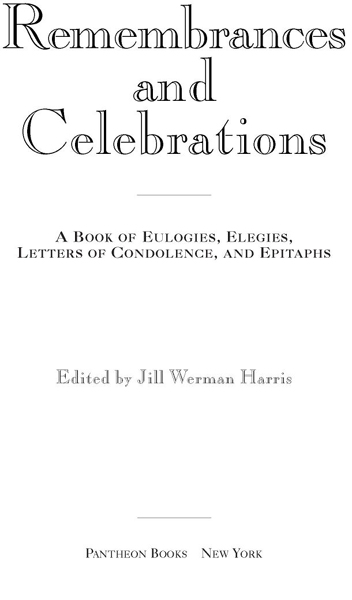
Table of Contents
For Lloyd,
in recognition of all that his interest
and support have meant.
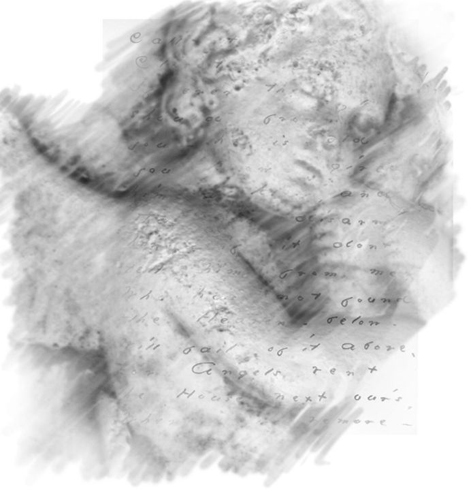
AS. SOONE. AS. WEE. TO. BEE. BEGVNNE:
WE. DID. BEGINNE. TO. BE. VNDONE.
English memento mori medal, c.1650
INTRODUCTION
DEATH HAS BEEN marked and commemorated in every culture we know of since the beginning of time. I know of no people for whom the fact of death is not critical, and who leave no ritual by which to deal with it, commented anthropologist Margaret Mead. The diversity of memorial rites is indeed a measure of the universal import of both the meaning of death and the significance of loss. But whether the practices are based on cultural, religious, ethnic, or completely individual beliefs, there is a common chord, which sounds again and again, and that is the powerful, primitive need to honor those who have died.
Historically, mourners have honored their dead with the ancient and persistent image of a death that wears two faces the angelic and charitable spirit that will return to guide and protect them or the ominous specter that will rise spookily from the grave as some sort of contagion or incarnation of evil. Generally, mourners pay tribute with the hope of providing the deceased with a dignified exit from this world and easing the passage of the soul into the next. A meaningful and graceful farewell simply celebrates the person that was. But most significantly, the profound emotional, even moral, obligation to honor the dead provides great comfort to the bereaved, helping mourners in what poet Elizabeth Bishop wisely called the art of losing. We cannot give those in mourning that which they want mostto have the dead back. But the act of honoring is itself consolatory: Blessed are they that mourn, says the Bible, for they shall be comforted.
For this volume I have chosen four channels through which we have historically honored those we have lost: eulogies; letters relating to death; poetry, more traditionally called elegies; and epitaphs. Reconstructing the common observation that there is a loss of words when confronting death, this anthology is an appreciation of the beauty and solace offered by the words of loss. Shakespeare said, Give sorrow words. The grief that does not speak whispers the oer-fraught heart, and bids it break. Remembrances and Celebrations belongs to the vast literature of mourning but it is specific to remembering through a vocabulary of sorrow, consolation, and importantly, gratitude. It is born of the powerful truth that if we are willing to love, we must be willing to grieve.
I. Eulogies
Eulogies are an important aspect of the honoring ritual, one that is deeply embedded in the funeral tradition. Historically, a chief mourner lamented over the body of the dead and then eulogized the deceased, bidding farewell and offering prayers for the welfare of the departed soul by paying of the divine honors. In a mythological sense, the act of eulogizing is worshipping the deada ceremonial parting of those of the earth and those beyond. More generally, eulogies bring the bereaved together, offering solace, and often courage, to mourners by remembering the individual life led.
When death strikes, few people have the ability to express themselves well, and often the bereaved are simply too dazed by grief to express themselves at all. Generally those who eulogize simply fulfill what is proper or socially prescribed, without truly doing justice to the distinct allure of the individual who has died.
A great eulogist honors the dead uniquely, speaking not only about what everyone treasured most but about what captivated him personally. Outstanding tributes illuminate the idiosyncratic essence of an individual and etch the spirit of the deceased upon our minds so that the person remains with us even in death. Over time the memory will dim, but the powerful bond remains unbroken.
Eulogies are a consolatory art, offering the interpretation and emotional support that a profound crisis often requires. They comfort the bereaved and are enormously cathartic for the eulogist, providing an opportunity to release the powerful emotions brought on by the death of a loved one. As Longfellow wrote, The friends who leave us do not feel the sorrow of parting, as we feel it, who must stay, lamenting day by day. By remembering the dead, that sorrow is somehow transformed, the anguish transcended if only momentarily.
The eulogies collected here range from poignant to funny, but all are impassioned articulations, moving and often intimate portraits of family and friends. Some express profound optimism in the face of great sadness, others sheer devastation. But always they remind us how rich, full, meaningful, and good one life can be. As delivering a eulogy is also a self-defining act, we learn something rare as well about the individuals who gave these memorable farewells. It is my hope that the many selections in this book will enable ordinary people, not just writers and natural orators, to give eulogies that are affecting and meaningful.
For the most part, the eulogies in this volume were written in the twentieth century. On the whole, earlier funeral orations tend to be monotonous, unimaginative and, from my perspective, essentially without charm. Formal solace does not appear to fill the deep need for celebrating true individual virtues, as mourners routinely complained that the eulogies bore scant resemblance to the person being eulogized. Often they seemed designed in the belief that sorrow should be experienced and gotten rid of, preferably quickly and quietly. But bereavement is not an illness to be isolated and cured all at once. Death may be sudden but grief takes time.
II. Letters
The second section of this volume is devoted to three specific types of correspondence: letters of condolence, letters of farewell on the eve of death, and letters of grief. Here we find remarkably intimate and emotional musings, which express some of the most heartfelt and philosophical thoughts on death and loss. For me, this section best illustrates the fact that grief itself is often the tribute.
Although my collection spans several ages, most are from the seventeenth and eighteenth centuries, a time often referred to as the Golden Age of Letter Writing. Here are the private papers of some of the great poets, writers, and thinkers of their time.
Despite the cultural and social metamorphoses that have characterized the passing centuries, these letters reveal that much of the way in which we express sorrow, counsel, or consolation has remained unchanged. The earliest work in this volume is a letter of condolence written on the occasion of the death of Ciceros daughter, Tullia. When we prune back the thicket of syntax used in 45 B.C. we see the same consolation that we use today, urging fortitude during the time of mourning and offering the comfort that There is no sorrow beyond the power of time. Abraham Lincolns letter of condolence reminds the daughter of his dead friend that she is sure to be happy again, and Lady Mary Wortley Montagu advises her bereft daughter, Do not give way to melancholy.
Next page

